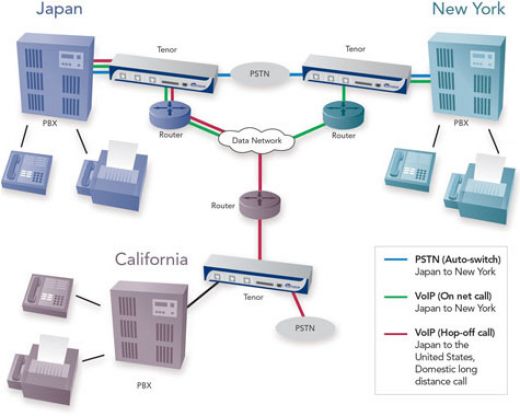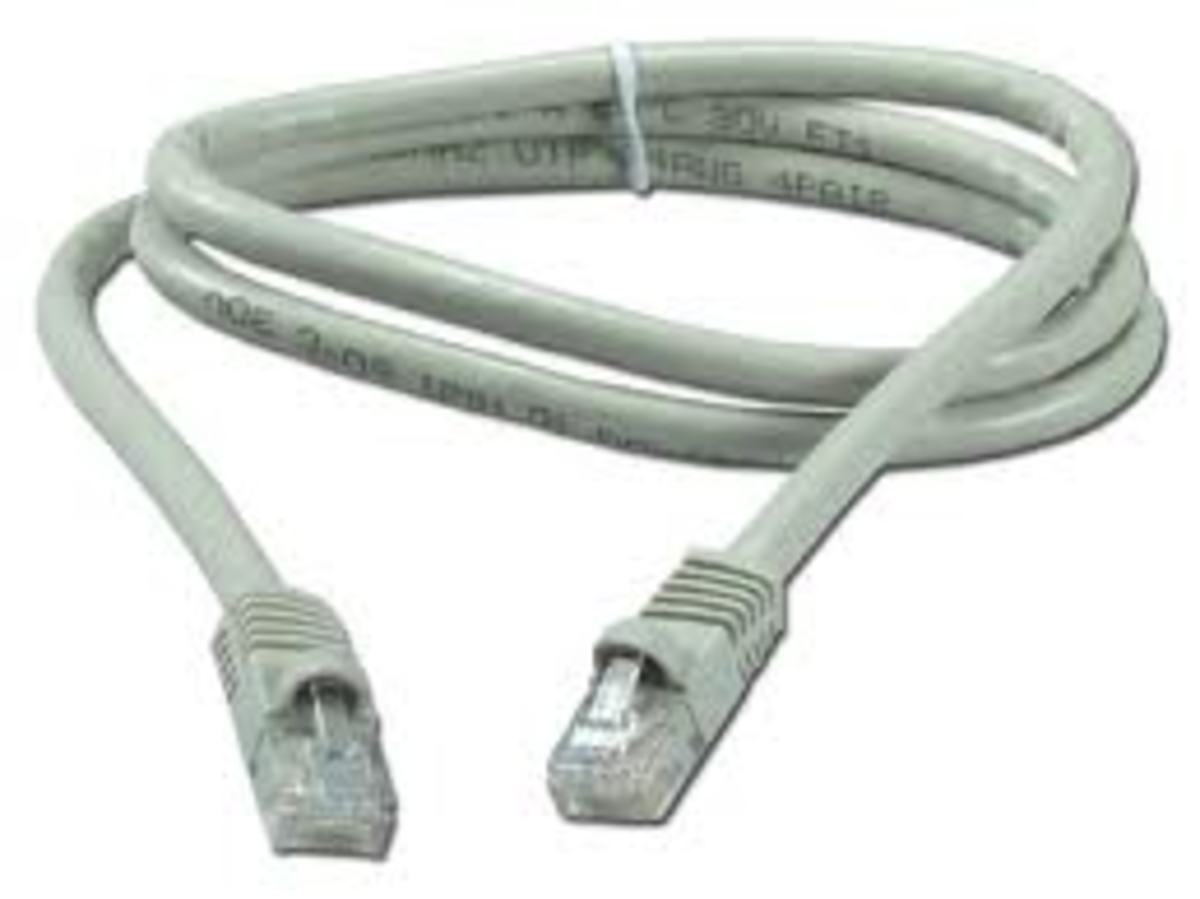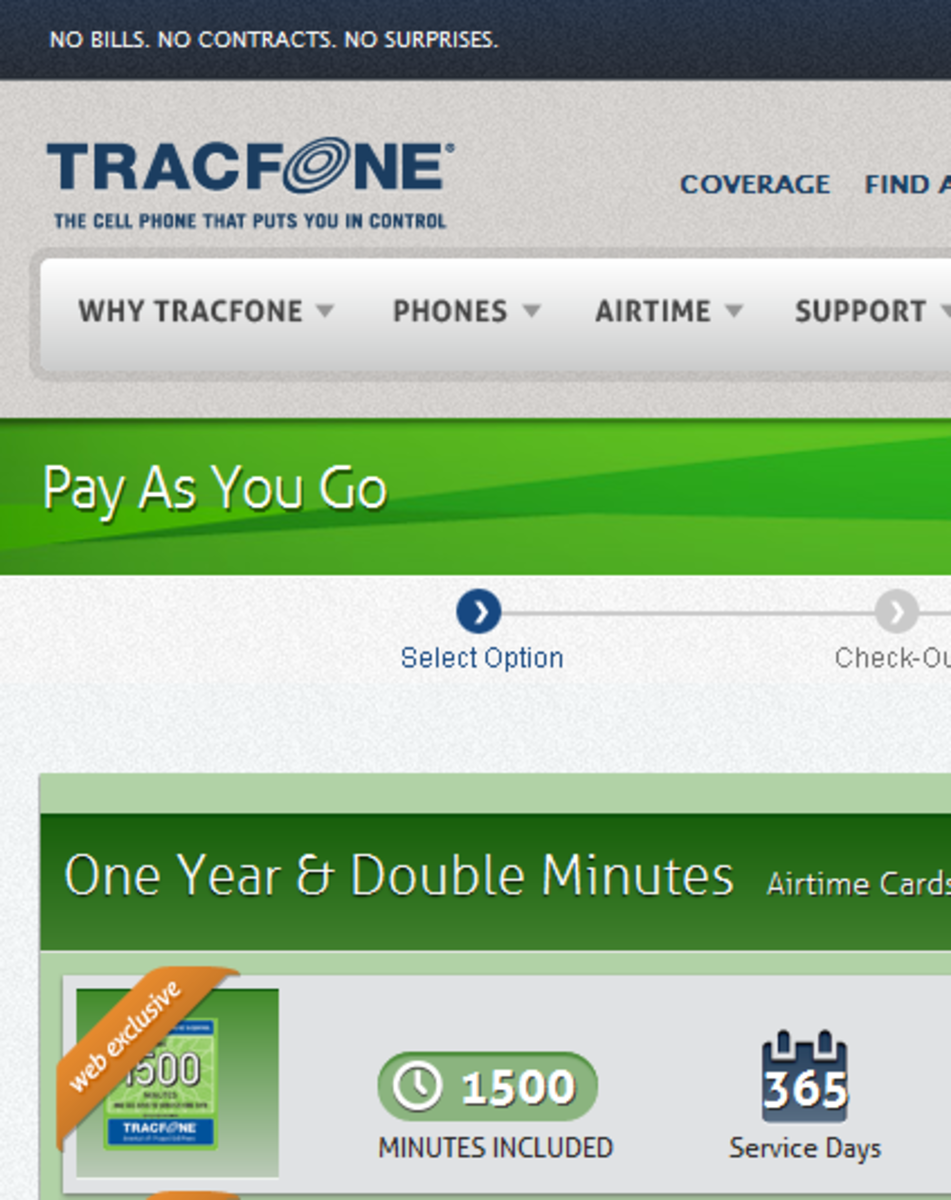Benefits of VOIP and History of Voice over Internet Technology
As you may know, the transmission of real time voice over an IP (Internet Protocol) network is called as “Voice over IP”. VoIP in full form means Voice Over Internet Protocol and it is a communication technology allowing us to make phone calls over Internet that we usually make with mobile phones and landlines or PSTN phones. Use of VOIP requires an internet connection without the need to use a traditional telephone network line. Thanks to the rapid spread of broadband ADSL connections, the growth of VoIP has assumed a lot of easy to use applications and by the help of these applications in VOIP, we are able to make phone calls all over the world at very low cost charges per call.
Benefits of VoIP
There are multiple benefits of VOIP technology and the number one reason is that VoIP is not very costly just because VoIP technology is based on packet switching, which allows considerable savings on call rates compared to circuit switching technology, i.e., traditional telephone network lines.

Other benefits of VOIP technology include:
- Overall reduced bandwidth requirements for the same quality delivered via landlines because VoIP does not need a closed circuit or dedicated servers.
- Overall lowered call costs, especially for long distance calls. A long distance phone call made with voice over Internet in fact is equal to the cost of a local call to connect to Internet service provider.
- Overall reduction of infrastructure costs because you only require a single type of cable for all your VOIP phones and computers.
- Number portability for geographic prefix: In fact the number is no longer physically tied to a specific device. In a nutshell, it means that it is possible to be reachable on the same home phone number even when you are on a vacation or out of your office so that you don’t miss any important business call.
History of Voice over Internet Technology
The year 1995 has been identified as the year of birth of VoIP when some enthusiast Israeli had the first voice communication between 2 computers. In the same year 1995, this newly discovered communication technology was integrated into software popularly known as “Internet Phone Software” to be able to make a call from computer to computer with just the use of normal voice accessories like a sound card, modem, microphone, and loudspeakers or headphones. Through compression and digitization of audio, voice traveled through the Internet as a “packet data”. In the initial phases, sound quality was really poor and was definitely less than that of traditional landlines or phone lines, but due to constant research, experimentation in digital voice technology, sound quality on VOIP has improved than what is available via traditional landlines. Particularly in the year 1998, first points of customized gateways were introduced to make calls from PC to traditional phone lines.



